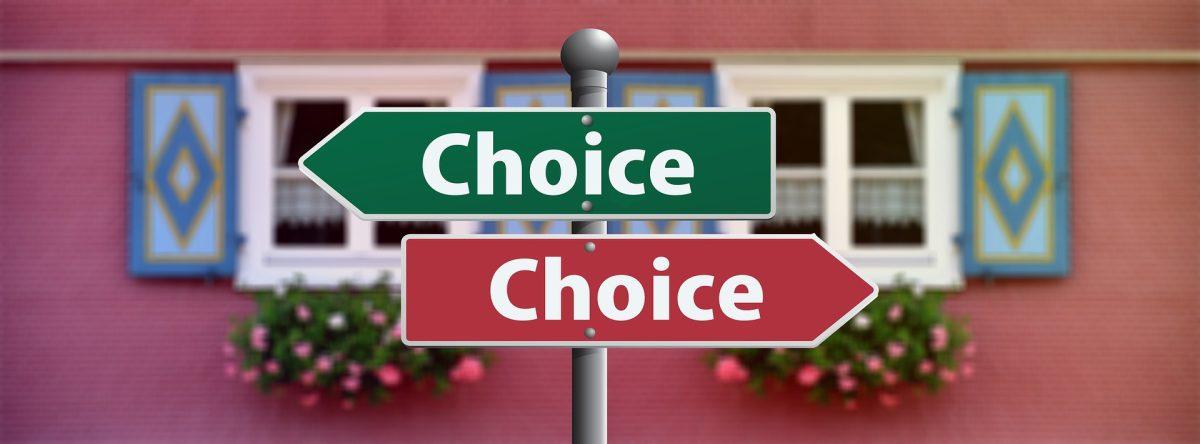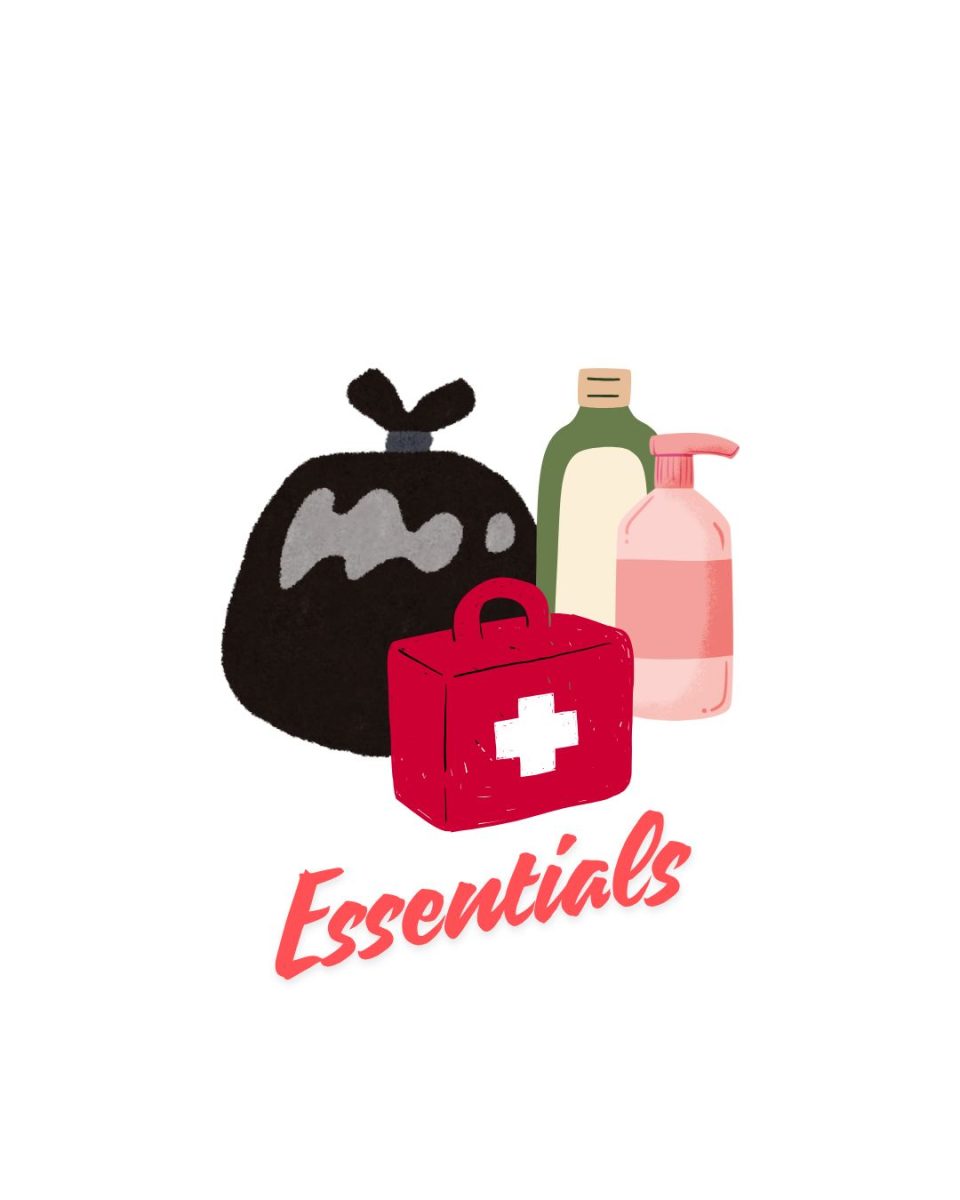With the November midterm elections this Tuesday, our generation has a decision to make about the direction of this country. The point of this is not to tell you to usher in a blue or red wave, but rather to make an informed decision on all levels of candidates. Whether it’s a vote for your town’s mayor, the county sheriff or a state senator, it’s important to know what each plans to do if elected.
Research. Head to the polls. Send in a mail-in ballot, if necessary. If you’re not registered to vote in this election, register immediately and make your voice heard in future elections.
In monarchies, dictatorships and theocracies, the common citizen has little say. Power is situated almost entirely at the top, with either an individual or handful of individuals ruling the masses.
The world’s societies operated according to similar power structures for the vast majority of human history. Centuries ago, the seeds for democracy were planted in Greek and Roman societies. These roots fully came to fruition in our times with the founding of America, a direct breakaway (both geographically and politically) from a monarchic, oppressive rule.
The intricacies of American life are connected by strings entwining voters to representatives, thus giving us the term “representative democracy”. Those in power need us to gain power and maintain it, giving America and similarly-styled democracies a more bottom-up power structure. In autocratic societies, decision makers are much less beholden to the interests of those they rule and are able to silence or ignore dissenting opinions and populations.
Democracies work on a spectrum, with some forms affording more control to citizens than others. While North Korea technically has elections, many races have only a single candidate and voters tend to be intimidated into voting for the party in power. Kim Jong Un has ordered the assassinations of many of his political opponents, including his own family members, in order to maintain power.
Saudi Arabia, on the other hand, is an absolute monarchy. The theocratic rulers and royal family use the Quran as law, with no legal constitution offering protections like freedom of religion or speech.
In America, we all have the ability to participate in the governing of our country. Our constitution affords us a slew of rights not available to a majority of the rest of the world. It is important to recognize the power we possess, and voting is one of the most fundamental ways in which this manifests.
However, voting only works if a country’s people have faith in the surrounding political system, believing that their vote matters and will be heard. This faith can be hard to maintain at times, as our system isn’t perfect. The merging of corporate interests and money with political systems has given a small handful of wealthy individuals an undue say in policy decisions and in the eventual candidates who make it to the national stage. And, in modern times, it seems that only two parties continue to have any shot at controlling the major facets of government.
Our system is flawed, but it’s not broken. It only becomes broken if we allow it to. If we collectively agree that voting doesn’t matter and continue the trend of 44 percent of our voting age population not voting (which happened in the 2016 presidential election, according to Pew Research), we silence ourselves and give the powerful few even more say.
Don’t take voting for granted and assume a single vote won’t matter.
It will. Our country runs on a collection of single votes, and your vote is no less important than anyone else’s.
For questions/comments about this story, email news@thewhitonline.com or tweet @TheWhitOnline.
























































































































































!["Working with [Dr. Lynch] is always a learning experience for me. She is a treasure,” said Thomas. - Staff Writer / Kacie Scibilia](https://thewhitonline.com/wp-content/uploads/2025/04/choir-1-1200x694.jpg)










































